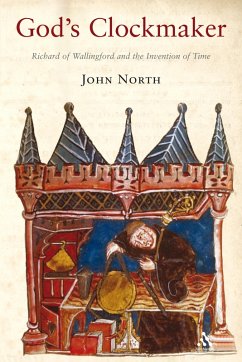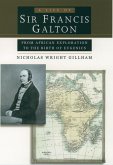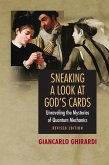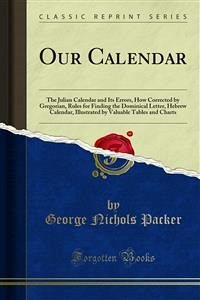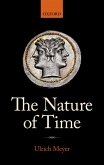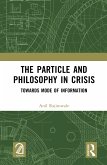Clocks became common in late medieval Europe and the measurement of time began to rule everyday life. God's Clockmaker is a biography of England's greatest medieval scientist, a man who solved major practical and theoretical problems to build an extraordinary and pioneering astronomical and astrological clock. Richard of Wallingford (1292-1336), the son of a blacksmith, was a brilliant mathematician with a genius for the practical solution of technical problems. Trained at Oxford, he became a monk and then abbot of the great abbey of St Albans, where he built his clock. Although as abbot he held great power, he was also a tragic figure, becoming a leper. His achievement, nevertheless, is a striking example of the sophistication of medieval science, based on knowledge handed down from the Greeks via the Arabs.
Bitte wählen Sie Ihr Anliegen aus.
Rechnungen
Retourenschein anfordern
Bestellstatus
Storno

